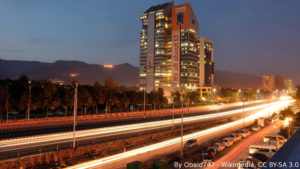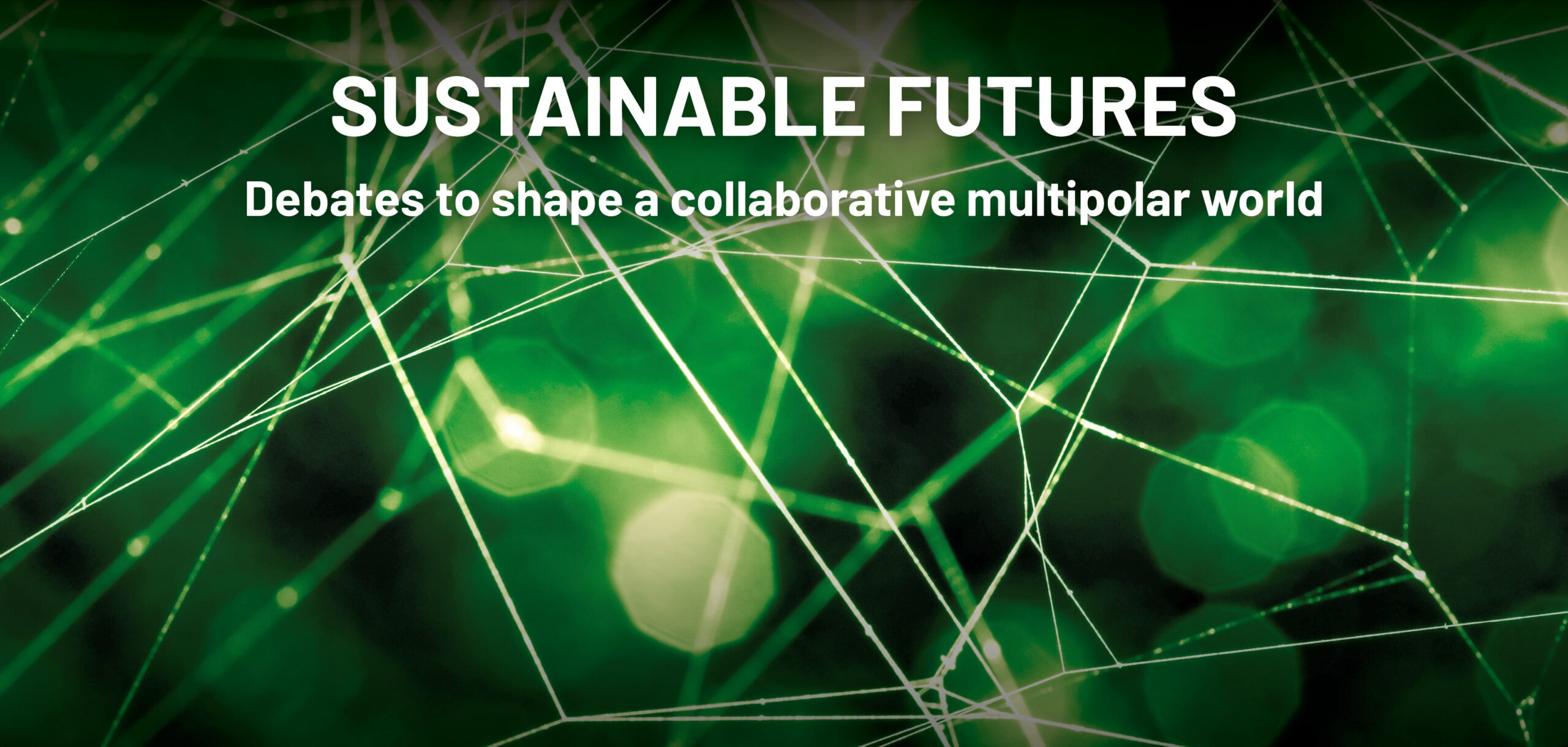
Since its inception in 1961, the German-Pakistani relationship on development cooperation has become stronger with the passage of time. While the role of development cooperation has been significant in various sectors, there is a need to further expand and strengthen bilateral relationships in the areas of trade and investment that are equally significant for achieving sustainable development outcomes.





